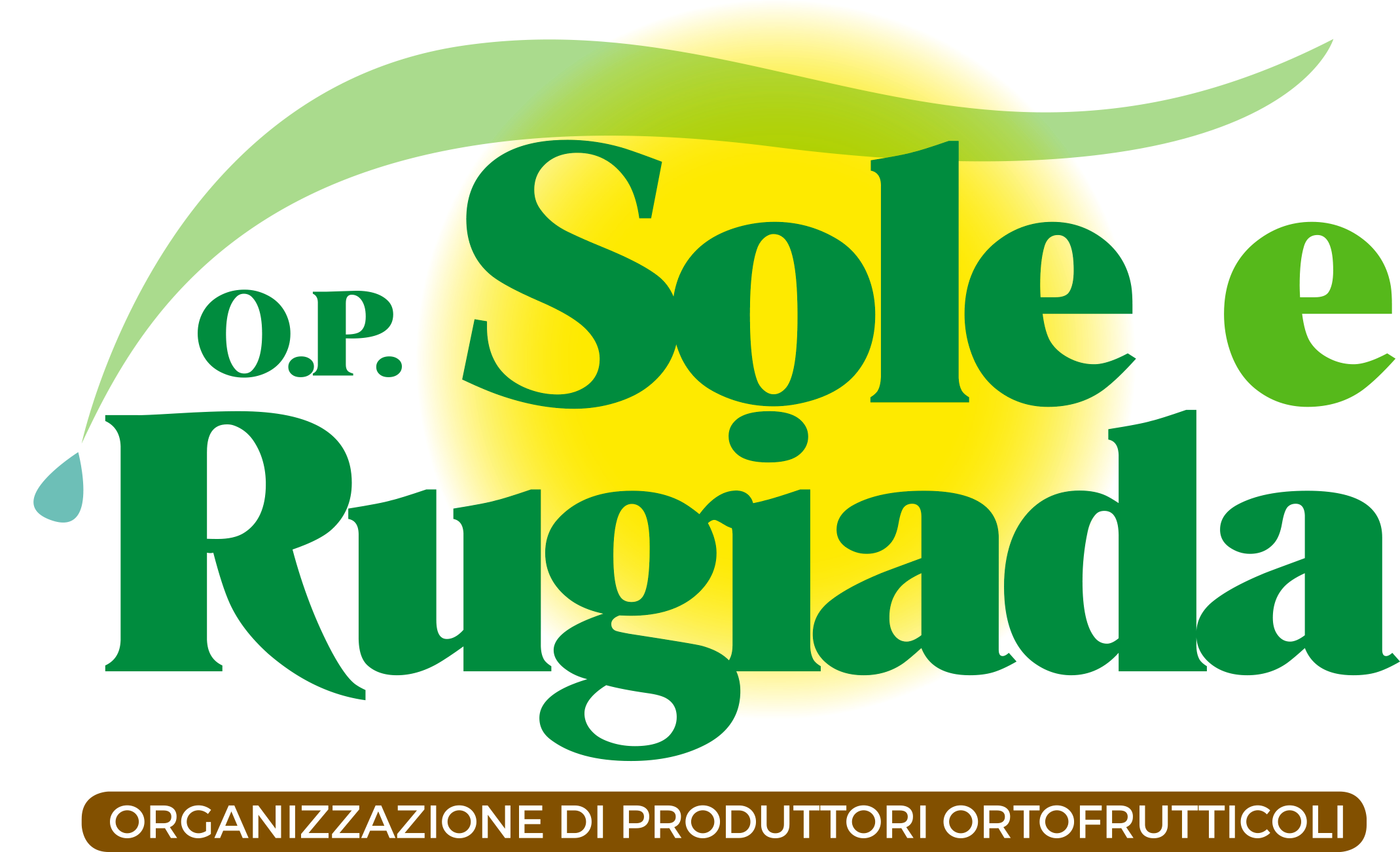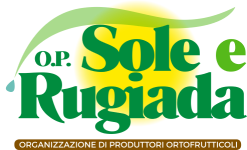RESPECT FOR THE ENVIRONMENT
Over a decade, and more precisely by 2030, “Farm to Fork Strategy” aims to transform the European food system, making it healthier, more equitable and sustainable, on the Continent and beyond, as envisaged by the objectives of the ecological transition of the “Green New Deal”.
The strategy pursued will be decisive in making Europe the first continent with zero climate impact and the agri-food sector plays a key role. Furthermore, it focuses on the link between people, society and the planet, generating positive consequences for all: food and the ways in which it is produced, in fact, can strengthen this relationship, which has not been sufficiently evaluated for too long.
Producing in a more sustainable and healthier way would consolidate Europe’s position as a reference point for food standards globally. Moreover, the European agricultural sector is the only one in the world to have reduced greenhouse gas emissions by 20% since 1990 “.
The Farm to Fork strategy involves the entire agri-food chain, and in fact represents an unprecedented attempt to design a common food policy for all Member States, capable of intervening from production to consumption. Furthermore, as a result, we want to positively influence production standards at a global level, discouraging unsustainable practices even in non-European countries, starting with the main commercial partners in the food sector, for a transition that is as shared as possible.
The broad goals that the Farm to Fork strategy has set itself can be summarized in the following points:
- make food production more sustainable, from processing to sale, by reducing emissions, energy consumption and waste, also in the hospitality and restaurant sectors;
- safeguard the fertility of the land, a precious and often neglected capital;
- guarantee food safety and fight fraud along the entire supply chain;
- promote the purchase of food produced respecting the environment and the practice of healthy habits at the table, also thanks to labeling.
The actions to be implemented by 2030, set with a path similar to that of the UN Agenda, are:
- halve the use of chemical pesticides, further reducing those most harmful to the environment and human health;
- reduce the excessive use of nutrients in the agricultural sector, reducing the losses of soil substances by 50% and the use of fertilizers by 20%, because less demanding agriculture will lead to less exploitation of the land and a reduced need integrations for plant development;
- reduce by 50% the sales of antimicrobials intended for farming and antibiotics for aquaculture, decreasing the risks due to antibiotic resistance, to avoid the constant rush to find new products effective against pathogens;
- allocate 25% of agricultural land to organic farming, an action that is combined with the three just mentioned.
The search for alternative solutions to the use of chemical pesticides and the excess of fertilizers are the contents of some projects currently underway in which O.P. Sole e Rugiada has been active as leader of partnerships involving Universities, Research Bodies and other companies in the agri-food sector.

